Quantum physics news, features and articles
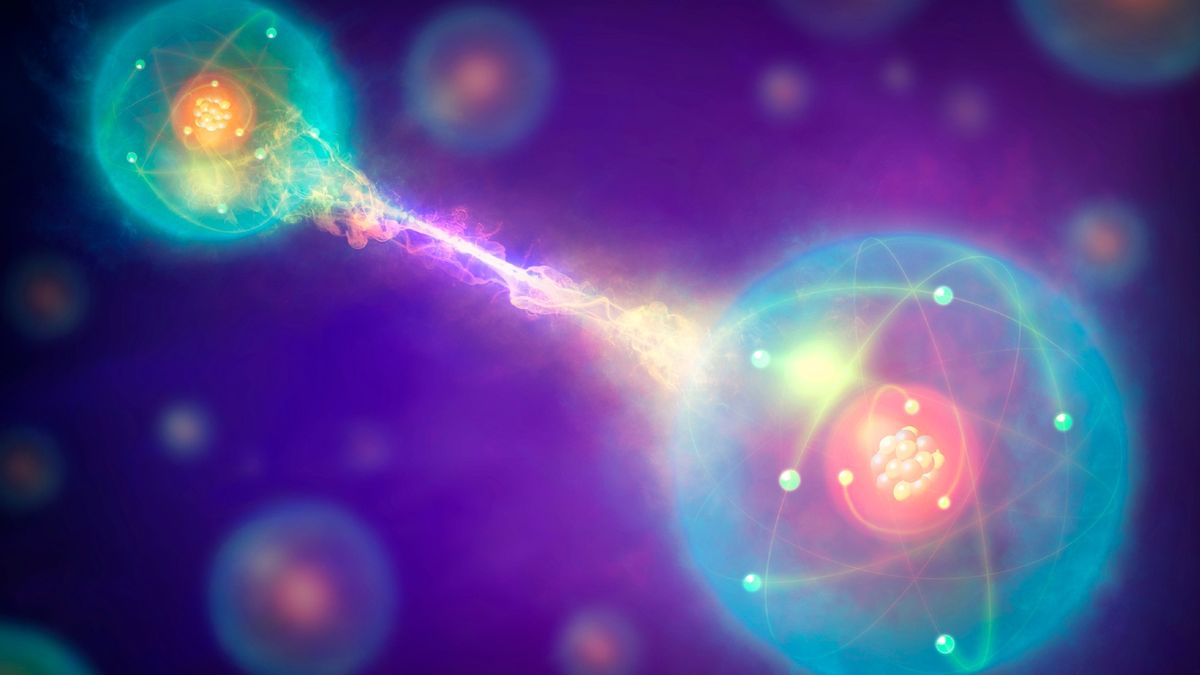
Enter the quantum realm with Live Science, where the regular rules of physics don't apply and objective reality doesn't exist. Quantum physics is a field of science in which researchers study energy and matter at their most fundamental level. At Live Science, our expert writers and editors break down the most important and stunning quantum experiments, explain quantum cognition — the physics theory that could predict human behavior — and discover how physicists are making light move simultaneously forwards and backwards in time. So, if you're ready to explore the weird world of quantum mechanics, check out the latest news, features and articles about quantum physics.
Discover more about quantum physics
Latest about Quantum Physics

Physicists push quantum boundaries by turning a superfluid into a supersolid — and back — for the first time
By Damien Pine published
Physicists saw excitons, a type of quasiparticle, undergo a reversible phase transition from superfluid to supersolid for the first time, opening new doors for studying extreme states of matter.
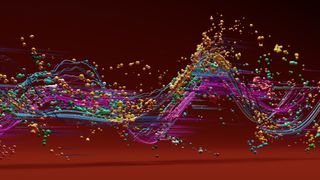
Scientists smash record for superposition, bringing quantum world tantalizingly close to reality
By Rory Harris published
Researchers have demonstrated that a nanoparticle of 7,000 sodium atoms can act as a wave, creating a record-setting superposition.
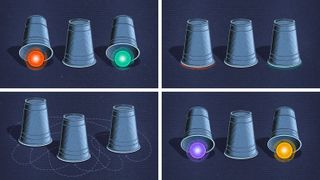
'Paraparticles' would be a third kingdom of quantum particle
By Shalma Wegsman published
A new proposal makes the case that paraparticles — a new category of quantum particle — could be created in exotic materials.

Physicists take step toward a 'theory of everything'
By Andrey Feldman published
A new physics paper takes a step toward creating a long-sought "theory of everything" by uniting gravity with the quantum world. However, the new theory remains far from being proven observationally.

Physicists spot elusive 'free-range' atoms ineracting in space for first time ever
By Joanna Thompson published
Physicists have used a novel technique to observe individual atoms interacting in free space for the first time ever. The new technique confirms a century-old quantum mechanical theory.

Scientists claim to find 'first observational evidence supporting string theory,' which could finally reveal the nature of dark energy
By Andrey Feldman published
Physicists have proposed a new model of space-time that may provide the 'first observational evidence supporting string theory,' a new preprint suggests.
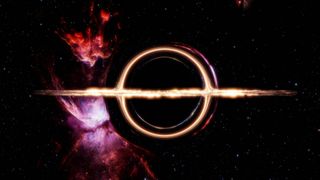
'Einstein's equations need to be refined': Tweaks to general relativity could finally explain what lies at the heart of a black hole
By Andrey Feldman published
Black hole singularities should not exist, according to theories of quantum mechanics. New tweaks to Einstein's equations of general relativity could finally do away with them, and explain what truly lies at the heart of a black hole.
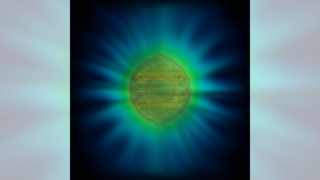
The shape of light: Scientists reveal image of an individual photon for 1st time ever
By Victoria Atkinson published
Using a groundbreaking new technique, researchers have unveiled the first detailed image of a photon — a single particle of light — ever taken.

Quantum physicists discover 'negative time' in strange experiment
By Manon Bischoff, Jeanna Bryner published
Physicists showed that photons can seem to exit a material before entering it, revealing observational evidence of negative time
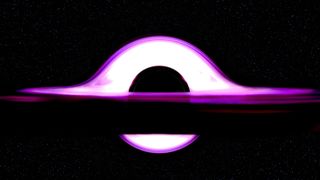
Stephen Hawking's black hole radiation paradox could finally be solved — if black holes aren't what they seem
By Andrey Feldman published
New research suggests that black holes may actually be "frozen stars," bizarre quantum objects that lack a singularity and an event horizon, potentially solving some of the biggest paradoxes in black hole physics.
Get the world’s most fascinating discoveries delivered straight to your inbox.
 Live Science Plus
Live Science Plus










